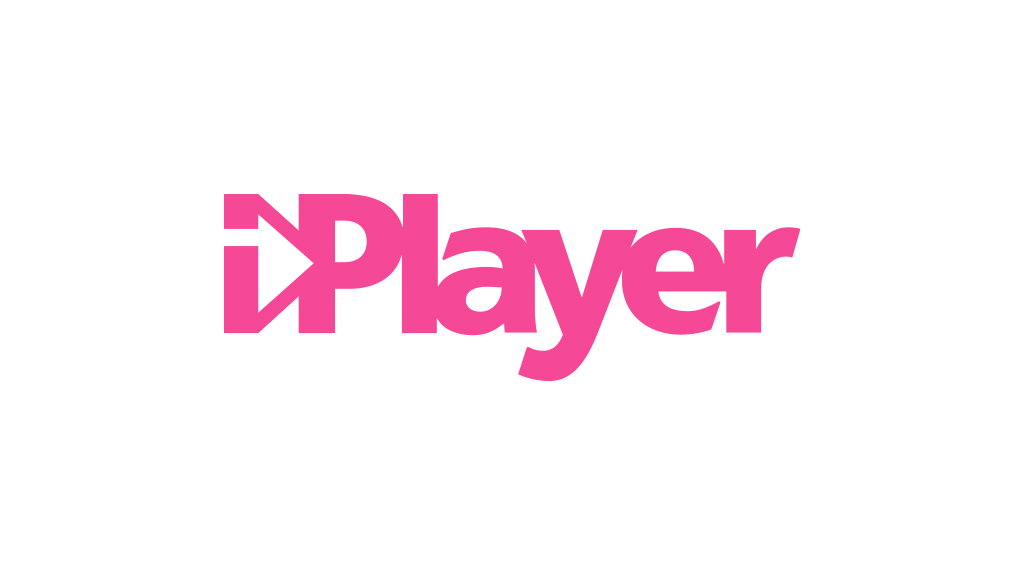In an address to staff during a visit to Hull, Tony Hall, the director general of the BBC, talked about a more personalised approach, “reinventing what we do for a new generation”. He also announced that the BBC now has 10 million registered users. “That’s really significant,” he said, “but how we grow this number still further, and how we get even closer to them, is going to be vital to our progress.”
Registration is now required in order to use the BBC iPlayer and a television licence is required to watch.
10 million registered users are apparently prepared to provide their personal details, or at least enter a date of birth, email address and postcode, to allow their online viewing to be tracked.
The BBC iPlayer receives around 8.5 million requests a day for television programming. Almost half of them come from television devices, which do not currently require registration.
44% of iPlayer users are aged 16-34, compared to 30% of the television or radio audience or 32% of home broadband users.

ITV, the main commercial broadcaster in Britain, reported in June that the ITV Hub had 20 million registered users.
Netflix has an estimated 6 million subscribers in the United Kingdom, although there are signs that early subscriber growth is inevitably slowing.
10 million registered BBC iPlayer accounts is a substantial number, even if users do not have to pay at the point of use. However, they are legally required to have a television licence, at a cost of £147 a year per household. So if those 10 million registered users represented unique households, which they probably do not, that would equate to approaching £1.5 billion a year in television licence revenue.
The BBC approach to subscription, or registration as it prefers to put it, is a mix of carrot and stick. Personalisation is the carrot. The threat of prosecution is the stick.
The BBC director general said he wanted to step up efforts on personalisation. “We’ll be delivering more personalised content for our audiences, experimenting with voice platforms, to take you straight to the content you’re interested in, and developing a more personalised iPlayer Radio.”
He also said that the BBC would be bringing together marketing and audiences, together with the licence fee unit, into a single team under a new director, reporting to his deputy, Anne Bulford.
So despite previous denials that registration was anything to do with reinforcing the licence fee regime, the BBC is planning to put its licence fee unit into the same department as marketing and audiences.
In many ways that is a logical step. The pretence that the television licence is managed at arms length as somehow separate to the BBC is unsustainable.
However, the real challenge facing the BBC, and British broadcasters in general, is the increasingly competitive global media environment.
“We know that the US media giants — with their vast budgets and the big moves they are making into what has traditionally been our space — are bringing huge new pressures to bear,” he said.
The BBC will be publishing its analysis of what this means, in economic terms and in terms of cultural identity and influence.
Tony Hall said that getting the strategic relationship right between BBC Worldwide and the new BBC Studios division is a major priority “to secure the future of British content, at home and around the world”.
